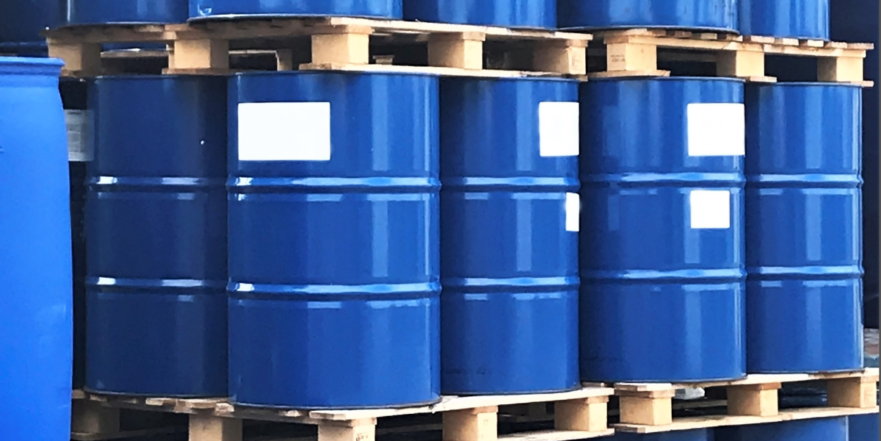On July 28, 2022, it was reported that HWIN was making changes to their reporting on waste management. HWIN stands for Hazardous Waste Information Network which is an online program that helps companies report on their disposal of harmful wastes. Reporting to HWIN is part of proper protocol for disposing of high volumes of waste. These new changes to the HWIN reporting system are something every company should be aware of to continue to follow proper protocol to help the government regulate hazardous waste disposal.
New Changes
The changes coming to reporting waste into HWIN will came into effect as of January 1st 2023. The new changes involve only certain obligated parties, stating that there will be;
- Requirement to report to the new registry
- Ability for a generator to delegate reporting and fee payment
- Requirement of carriers and receivers to create registry accounts
- Option for bulk data transfers to support high volume manifesting
- Ending annual registration for each generating facility.
- Ending of paper manifests for waste shipments
Who are the Obligated Companies?
The obligated companies that are affected by these new changes are generators, carriers, and receivers of industrial hazardous or liquid waste. Any company that falls under these categories will have to follow the new set of rules which are explained below.
Reporting to New Registry
Starting January 1, 2023 obligated companies will no longer be reporting to the HWIN for their high volume of waste disposal. Instead, companies must now register an account with HWP (Hazardous Waste Program). This program was created by the Resource Productivity and Resource Authority or RPRA for short. This rule is stated under the EPA or Environment Protection Act.
Generators to Delegate Reporting and Fee Payments
Generators are classified as companies who create solvents or harmful wastes. With the new changes, generators are able to delegate reporting and fee payments. This means that these companies can now offer services for their customers to help fill out their reports and fee payments.
Requirement of Creating Registry Accounts
The new changes enforced by the RPRA will also force companies that carry or receive solvents or harmful wastes to register an account with them. This new change will help the government track the transportation of solvents and ensure that transportation trucks are not unlawfully selling or dumping the hazardous wastes.
Bulk Data Transfers
Bulk data transfers will allow companies to send a multitude of different types of solvent being disposed of. This allows the new system to support high volume manifesting of companies disposing of hazardous waste. This rule implemented will help create a more user-friendly service.
Annual Registration Ending
Generating facilities will no longer have to register annually on the HWIN website. Instead, companies that are considered generators will be able to register once and only allowing them to reduce the fees and making it more convenient for sustainable generator companies.
Paper Manifests for Waste Shipments Ending
Finally, the last change that is coming with the new registry system is the end of paper manifests for waste shipments. This means that transportation companies or any transportation of hazardous waste will no longer need to be tracked on a paper manifest. Paper manifest was a summary outline of the movement of the waste. However, with the new implementation of registry accounts for transporting hazardous waste, companies will no longer require a paper manifest.
Are These Changes Good?
The new changes to the waste disposal management are a positive change for all obligated parties. These parties include the companies that were directly affected with the new changes. The new program setup is designed to make the hazardous waste reporting system user-friendly. It allows for companies to send bulk transfers and cut down on extra precautions like paper manifests.
Instead, the government has implemented an improved system to keep track of hazardous waste being transferred from one load to another. The new implemented rule changes of forced registration of loads transporting hazardous waste allows the government to better regulate and track the movement of these wastes. Overall, these changes are positive in that they allow companies better accessibility when transporting hazardous waste.
If you have any follow up questions on these changes, and would like to speak with us, please contact us today! We’d be pleased to answer your questions and provide information about our services.

